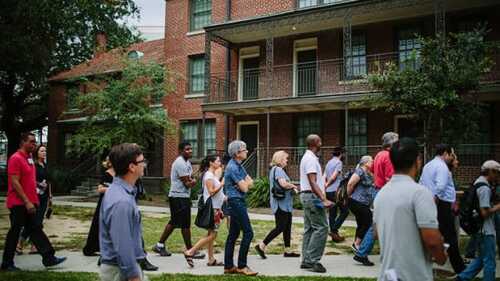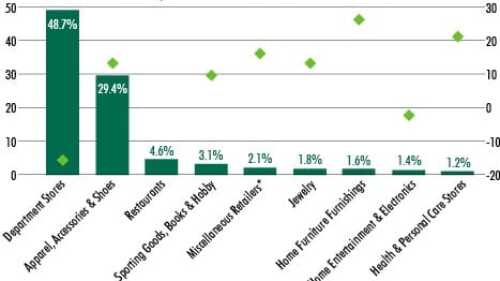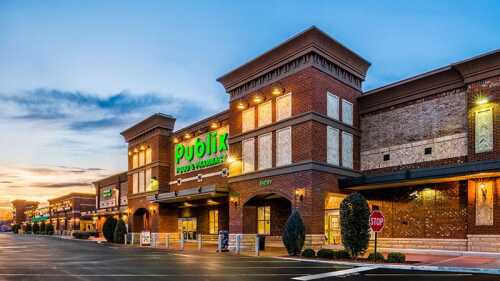<b>Equitable Development</b>
Two small-scale developers detailed at ULI’s 2017 Fall Meeting in Los Angeles how the story arc of an imaginative building can be full of drama, setbacks, and plot twists.
NBA champion and dedicated urban developer Earvin “Magic” Johnson Jr. is targeting a new prize—infrastructure. “If you look at infrastructure in America, it’s old,” he told the audience at the 2017 ULI Fall Meeting.
The hurricanes that ravaged the U.S. Southeast and the Caribbean and the fires raging through the Northwest have refocused and energized resilience discussions.
Architects must take more responsibility for their work, legendary designer Frank Gehry told a general session audience Tuesday during the 2017 ULI Fall Meeting. Architects need to “get into the fray,” Gehry said.
Backing sympathetic elected officials, focusing on the human impacts of the housing shortage, and mobilizing nonvocal supporters for new projects are all effective ways to overcome NIMBY-ism over affordable housing projects, a panel of advocates said during the ULI Housing Opportunity 2017 Conference in New Orleans.
Lowell, Massachusetts, received a major boost in ongoing efforts to transform into a center of innovation when Kronos—a homegrown Massachusetts workforce management software and services company—decided to relocate its global headquarters, taking a half-million square feet (46,500 sq m) close to the city’s revitalized downtown.
More investors are warming up to the notion that mixed-income development can also be a relatively low-risk venture that offers a stable rate of return.
A new report from CBRE highlights that the two categories occupying the most space in U.S. malls—department stores at 48.7 percent of gross leasable area, and apparel, accessories, and shoes at 29.4 percent—also posted relatively tepid retail-sales growth from 2011 to 2016. In contrast, categories with stronger retail-sales growth, such as health care, still account for relatively little occupancy of U.S. malls
Flexibility—from the macro level of economies, education, and governmental impact, to the micro level of managing teams and where to put staircases in buildings—was an overarching theme throughout the ULI U.K. Annual Conference 2017. Land-use experts discussed the need to provide flexibility and adaptability in infrastructure, buildings, working practices, and management systems in a world that is changing quickly.
In addition to Amazon’s purchase of Whole Foods, an enormous amount of movement has occurred in the grocery sector in the past year, as regional chains expand into new markets and European brands enter the United States.









